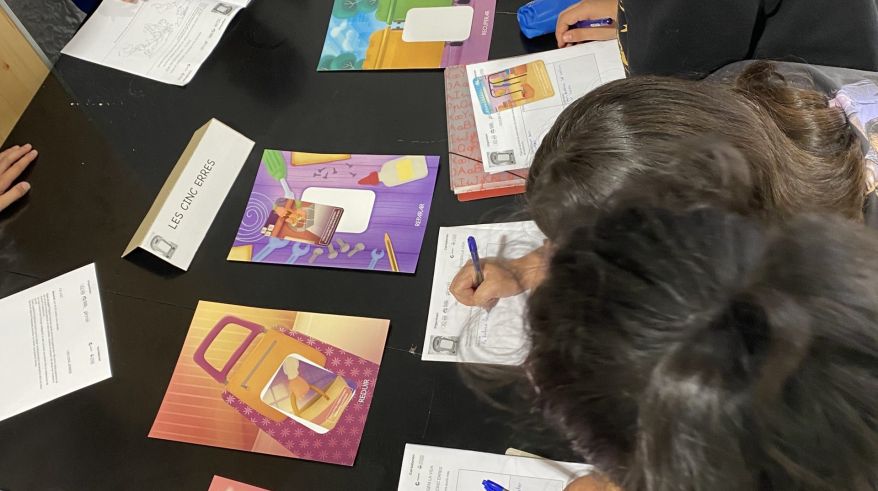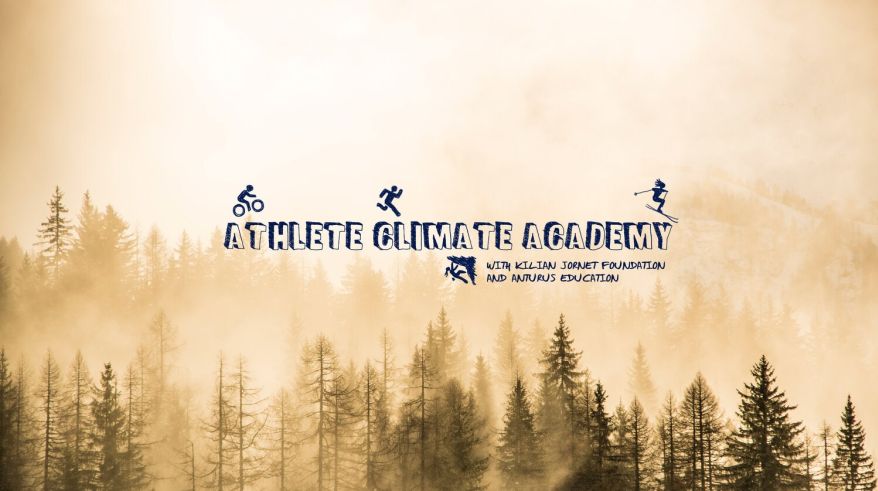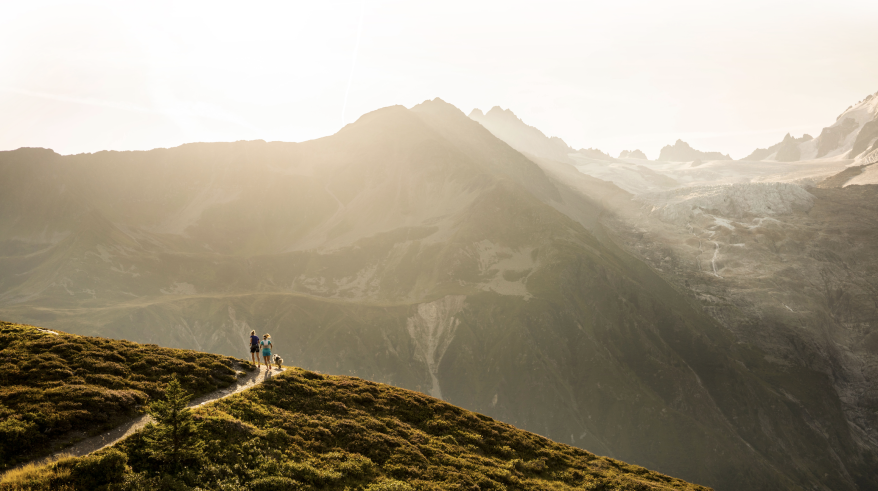Education Projects
Teaching the next generation about climate change and its impacts on nature and humans is an important task towards a net zero emission society. A big part of our work is to understand and share knowledge about what we could do to mitigate our impact on the environment. Thanks to the education projects, kids, university students, athletes and outdoor lovers would have a meeting point to learn more about it and find answers to their questions. To preserve an environment you need to love it, and to love it you need to know it well.


Kids Athletes
The future belongs to the next generation! That’s why we’re excited to announce our new project: Kids Athletes, an educational program designed to inspire kids to protect our planet while having fun with outdoor sports. Through trail running, we’re teaching them to develop good habits in the mountains, combining education with action.
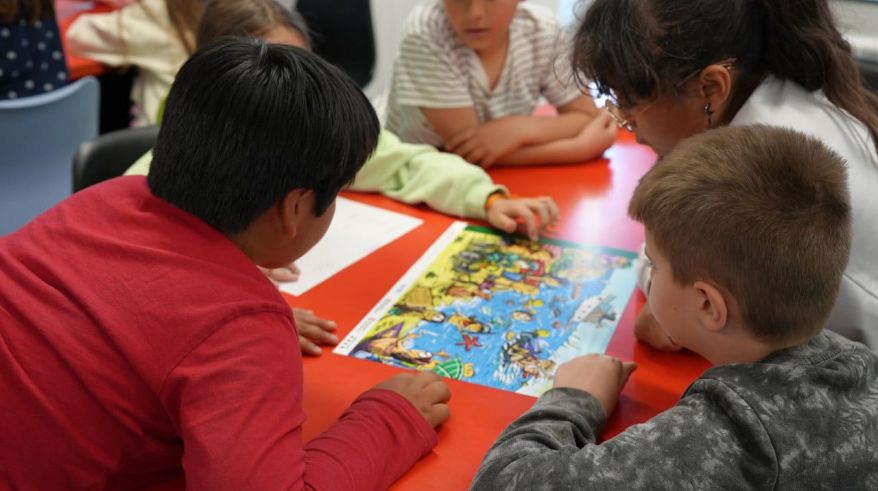

Leave no trace in nature
“Leave no trace in nature” is the new educational project with the desire to make the youngest aware of the importance of preserving and caring for our environment. Nature is our home. Protecting it’s everyone’s responsability.
The Corps of Rural Agents, the Kilian Jornet Foundation and the Federation of Mountaneering Organizations of Catalonia (FEEC), are united in this project to promote respect for the natural environment.
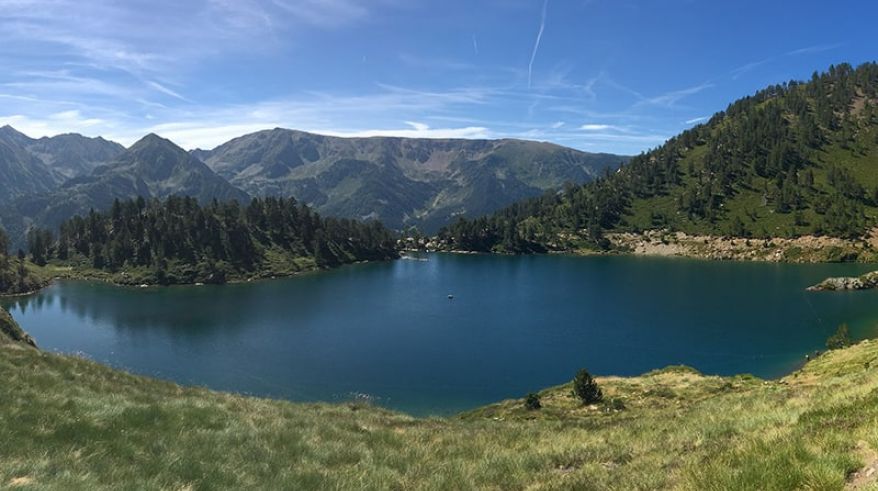

LACOS/METAESTANY
Thanks to the Joan Oró and the Salvador Grau i Tort scholarships, we started the LACOS project, a scientific study in collaboration with secondary schools in the Pyrenees.
The main objective of this project is to study the importance of mountain lakes in the carbon cycle, specifically carbon dioxide (CO2) and methane (CH4). The hypothesis that is formulated is whether mountain lakes are carbon emitters or reservoirs, as well as whether human impact with over-frequency or introduction of invasive species affects this balance.


World Glacier Monitoring Service (WGMS)
The Kilian Jornet Foundation wants to focus its first project on the study and investigation of one of the most visible climate change phenomena: the retreat of glaciers. Studying this retreat is key to developing projects to conserve these ice masses that hold between 60 and 80% of the planet’s fresh water.
Other Projects
Protecting the mountains and enhancing their sustainable development is fundamental. This protection will help to increase the capacity to recover both the inhabitants and the main resources that they provide: food, water or the conservation of biodiversity.

